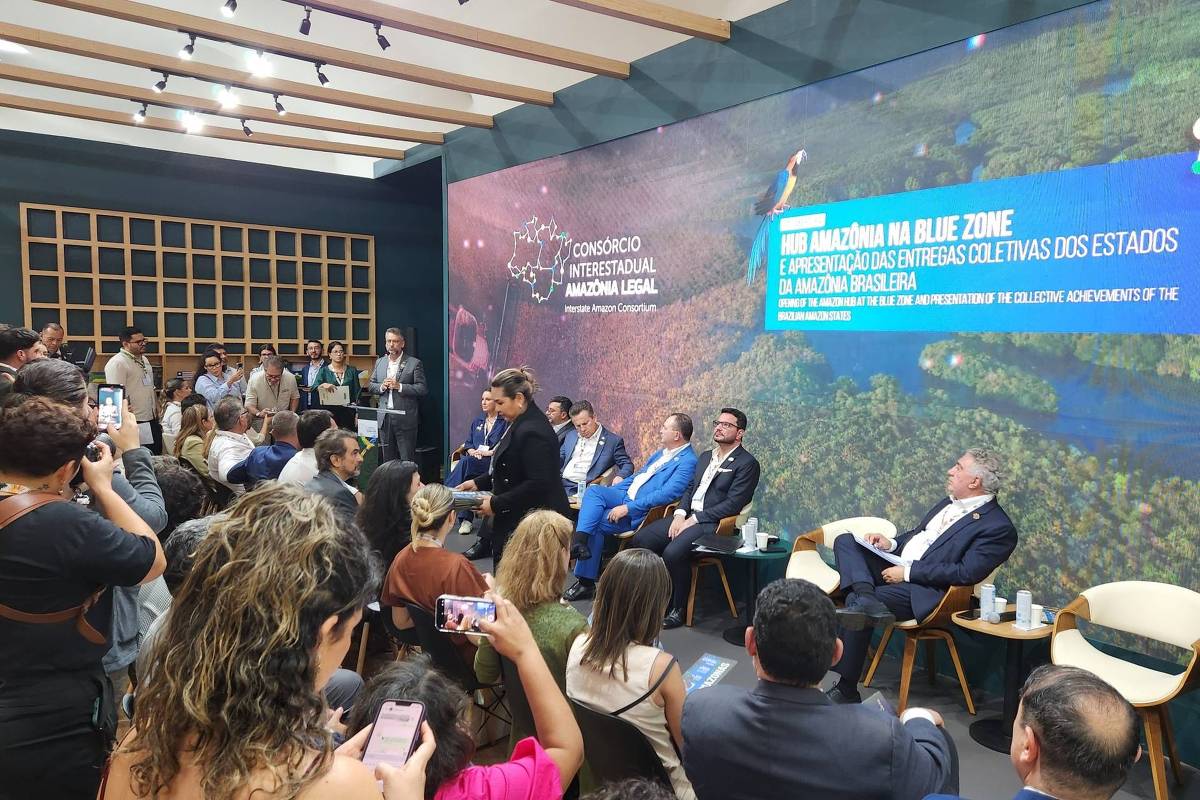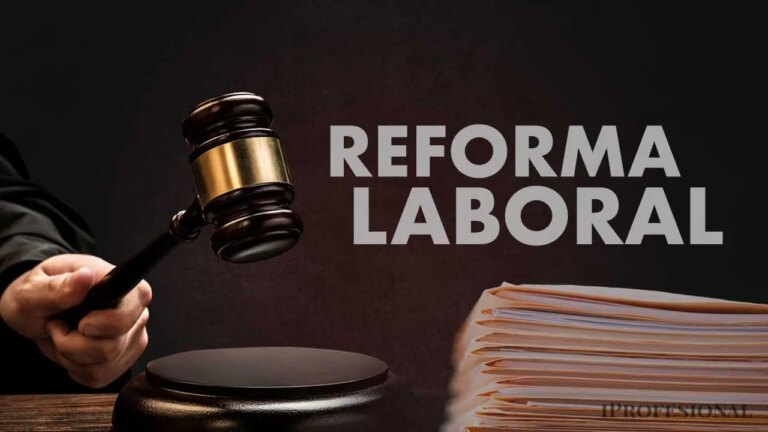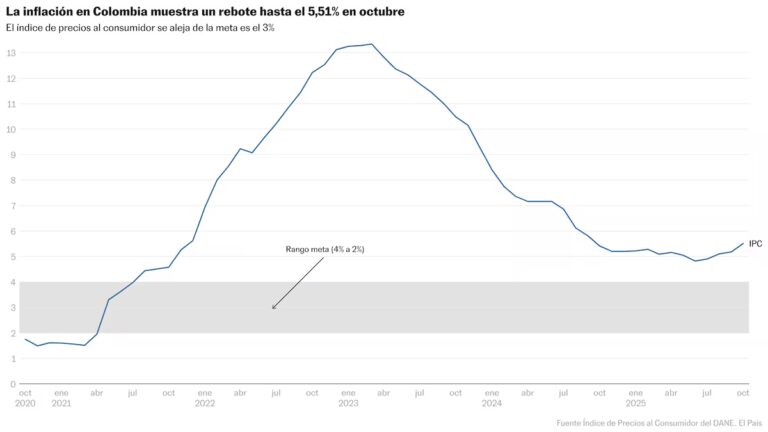
On the first day of COP30, the United Nations climate change conference, the governors of the statutory Amazon defended infrastructure projects that have a direct environmental impact on the region’s different regional biomes and traditional communities, as well as already integrated operations.
The position of the Amazon governors was announced this Monday afternoon (10th) at a pavilion occupied by the Interstate Amazonia Legal Consortium in the blue zone of COP30, the main venue for climate change negotiations.
The governors of Pará, Amazonas, Amapá, Acre, Mato Grosso, Maranhão and Tocantins participated in the consortium’s first event at COP30 and all spoke. Roraima Governor Antonio Denarium (PP) is participating in COP30 but did not attend the event. Marcos Rocha (Unian Brasil) from Rondônia did not attend the meeting.
At the end of his speech during the event in the pavilion, Mr. Wilson Lima, Governor of Amazonas (Federal Republic of Brazil), showed a video highlighting forest solutions, including a potash exploration project in the state’s Autazes region and a natural gas exploration project in the Silves and Itapiranga regions operated by Eneva, one of the main owners of thermoelectric power plants in Brazil.
The potash project, run by Potacio do Brasil, part of the Canadian company Forbes & Manhattan, and other international and Brazilian investors, sought to divide the region’s indigenous Mura people and establish a mine on traditional territory they had occupied for more than 100 years. Conflicts with farmers also increased in the region.
Potassium extraction has not yet begun, but the project is seeking a license and financing from the Amazonas state government through Ipaam (Institute of Environmental Protection of Amazonas).
Fossil fuel exploration in the Silves and Itapiranga regions is impacting traditional communities, with the hope of building new thermoelectric power plants and expanding extraction of the fossil fuel natural gas.
Mauro Mendes, Governor of Mato Grosso (Federal Republic of Brazil), defended the potash project in Amazonas. Potassium is the basis of fertilizers used on a large scale in agriculture, and Mato Grosso should be the main destination.
Mr. Mendez also defended the Ferrogran Railway. If completed, the railway would span 933 kilometers between Sinop (Montana) and Itaituba (Pennsylvania). Ferrogran affects indigenous lands, fishing villages and small farms in the Itaituba region. The area was defended by large international agribusiness companies that operated terminals and was taken over by the Lula (PT) government.
“We can’t leave here with just a few crumbs,” Mendez said. “How much does it cost to spend 15 years in a potash mine in Amazonas state to get an environmental license? How much does it cost to transport (grain) in thousands of trucks without having ferrograo?” the governor asked.
“Here we have (Emmanuel) Macron (French President) and NGOs claiming that (the railways) are attacking the planet,” Mendes added.
Amapá Governor Clécio Ruiz (Solidarity) defended oil exploration projects on the Amazon coast. Lula and Petrobras pressured Ibama (Brazilian Institute of Environment and Renewable Natural Resources) to grant a license for oil exploration in Block 59, 160 kilometers from the coast.
At COP28, it was agreed to reduce the use of fossil fuels, despite pressure from increasing demand for oil on the Brazilian coast. This issue was raised by Lula in his speech at COP30.
“On one side is a preserved Amazon, and on the other are people who need dignified development, jobs and infrastructure,” Governor Amapa said. “There are extremes that glorify the Amazon. We don’t want to be untouchables, a sanctuary.”
Crescio did not directly defend oil exploration off the coast of Oiapoke (AP) in his speech. The sheetBut he defended Petrobras’ project. “It is not a contradiction (in relation to the COP proposals). We need jobs, but that is not our only bet. There are also efforts to organize local production chains.”
Pará Governor Helder Barbalho (MDB), the organizer of COP30, said he shared the same “outrage” as Mato Grosso, but did not directly defend projects affecting the Amazon or traditional communities.
Barbalho announced a program in the Legal Amazon Consortium space called Vale Bioamazônico that focuses on the bioeconomy. According to the Government of Pará, its aim is to promote research, technology and innovation in order to add value to existing forests. The state government cites Silicon Valley, a hub of high-tech companies in the United States, as a source of inspiration.



